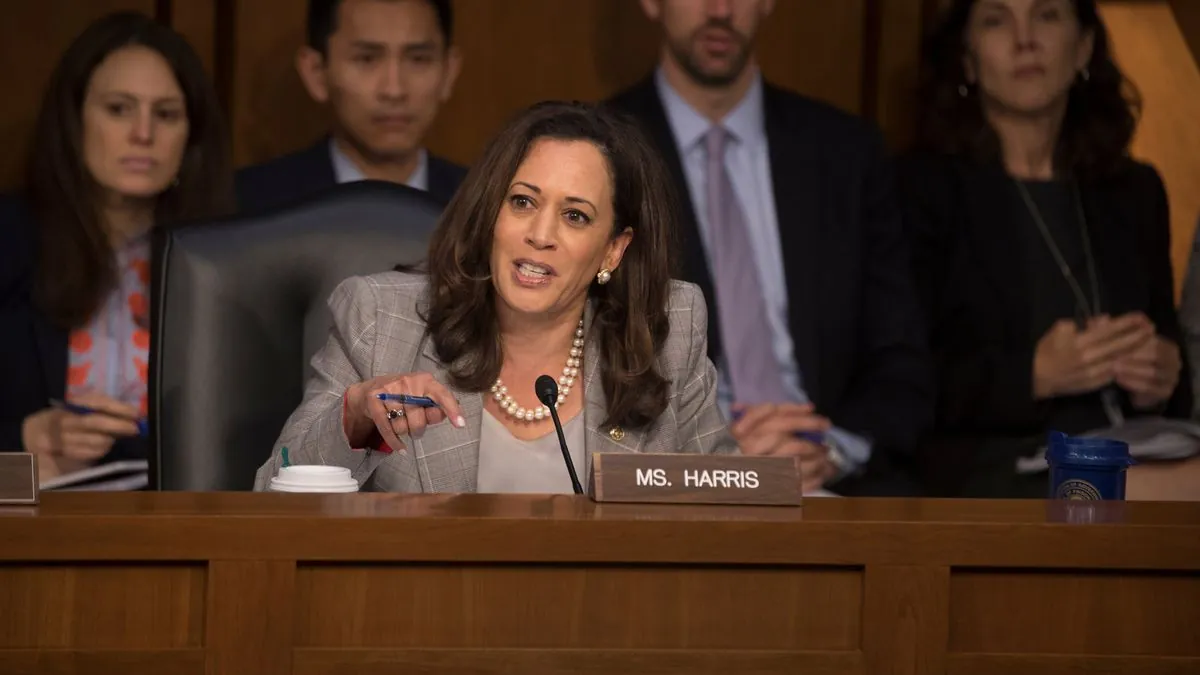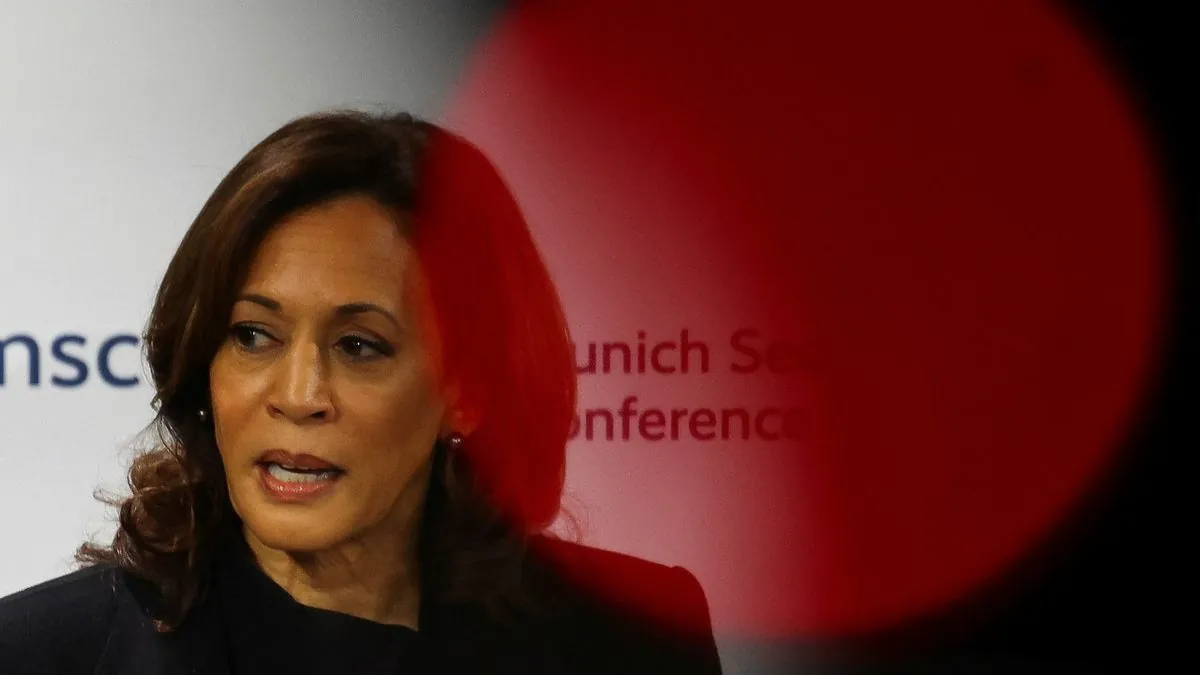Harris's Senate Intel Role Shaped Her Views on Russia and National Security
Kamala Harris's early Senate experience, coinciding with revelations about Russian election interference, profoundly influenced her perspective on national security and Moscow's intentions.

In early January 2017, Kamala Harris began her Senate career amidst a pivotal moment in U.S. politics. Just three days after her swearing-in, the U.S. intelligence community released a declassified report concluding that Russian President Vladimir Putin had orchestrated an influence campaign to sway the 2016 presidential election in favor of Donald Trump.
This revelation sparked three major investigations into Russian election interference, including a comprehensive three-year probe by the Senate Select Committee on Intelligence, on which Harris served. As a committee member, Harris gained access to highly classified information about Russian intelligence operations targeting the United States.

The experience left a lasting impression on the future vice president. Halie Soifer, Harris's former national security advisor in the Senate, noted, "Those first few weeks were pivotal, as they marked both her and Donald Trump's initial weeks in Washington."
Harris's background as California's Attorney General from 2011 to 2017 proved valuable during the investigation. Committee staffers sought her advice on questioning witnesses, and she developed a reputation for her incisive interrogation style during public hearings.
"Members get out of it what they put into it, and she put a lot of time and energy and effort into it."
The Senate investigation, which reviewed over one million documents and interviewed more than 200 witnesses, resulted in a comprehensive 1,000-page report across five volumes. Released between 2019 and 2020, it is considered the most detailed examination of Russian intelligence efforts to influence the 2016 election.
Harris's experience on the committee shaped her approach to foreign policy. In a 2019 interview with the Council on Foreign Relations, she emphasized the importance of international laws and institutions, describing the U.S. role in building a "community of international institutions, laws, and democratic nations" as America's greatest foreign-policy achievement since World War II.
The senator also took legislative action based on her committee experiences. In 2018, she supported an amendment requiring law enforcement to obtain warrants before accessing communications of American citizens inadvertently collected under foreign surveillance programs. Additionally, Harris co-sponsored bipartisan legislation on election cybersecurity, recognizing the need for enhanced election security measures.
During a 2023 memorial service for former Senator Dianne Feinstein, Harris reflected on the bipartisan nature of the Senate investigation: "Senators of both parties would take off their jackets and literally roll up their sleeves, putting aside partisanship to discuss what was in the best interests of our national security."
As the first South Asian American and African American woman to serve as Vice President, Harris's formative experiences on the Senate Intelligence Committee continue to influence her approach to national security and foreign policy challenges.


































